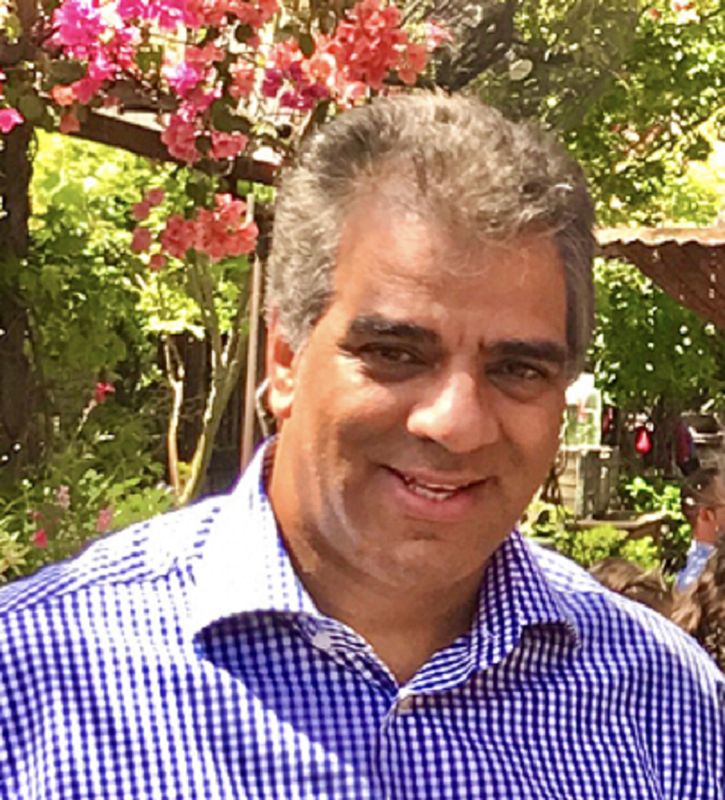Reza Rostami
Refugee and Culturally and Linguistically Diverse Ambassador

Q: What are your goals for Equally Well? What inspires you about Equally Well?
A: Australia is a unique country that has brought people of many diverse cultures together. What inspires me about Equally Well is the core nature and pure goal of the organisation, which aims to provide the best physical health and mental wellbeing services with the highest sense of equality. My goal is to extend the organisation’s goal to a wider group of people, such as refugees and asylum seekers.
Q: How do you see Equally Well benefiting carers/consumers/practitioners?
A: Equally Well is beneficial to carers, consumers and practitioners as the organisation supports and engages with them for all aspects of their life, including their physical and mental health, to lead individuals to a better lifestyle.
Q: What hurdles do you currently see Equally Well facing and will have to face in the future? Is there a particular area you believe needs more focus that EW can develop on?
A: One of the most significant challenges for Equally Well is providing help to those experiencing psychological distress who struggle to reach out for help from others. Stigma and negative perceptions surrounding mental health and help-seeking may explain why people are reluctant to approach others for help. Therefore, improving public awareness of the available services and resources and screening for psychological distress in primary care services may be necessary to improve mental well-being.
Q: What have you personally learnt and has this knowledge impacted your life and/or the lives of those around you?
A: My experience, from interviews with asylum seekers and refugees with diverse backgrounds through the research and consideration of social psychology, provided me with intriguing and new insightful knowledge. This new knowledge helped me think about the social identity and struggles of the participants which allowed me to help them in different aspects of their life to fit into the new society they have entered. In addition, I learned about evolutionary psychology, which allowed me to understand family mental health problems. From this, I was able to understand why some people are suffering because of displacement and refugee status.
Q: As an Equally Well Ambassador, you are an advocate for improving the physical health of people living with a mental illness, since the symposium, have there been any new developments or research in your field?
A: As an advocate for improving physical and mental health wellbeing for people, specific to refugees that need help with accessing mental health services, I continue to advance my research project. My research was the first in the world to examine the impact of asylum politicises on children and their families living in the community. I showed how children, whose families had lived with the uncertainty of being on bridging visas for up to 7 years, showed almost double the rates of psychological difficulties as those with permanent residency. In this role, I formed important collaborative network with other researchers and presented at multiple international conferences. Therefore, have campaigned tirelessly for the rights of asylum seeker children in Australia.
Q: What do you see is your role for Equally Well as one of our ambassadors?
A: As an Equally Well Ambassador, I will raise awareness for physical and mental health conditions for people with different social backgrounds, specifically refugees. In addition, I will continue to spread the knowledge and information about Equally Well to the wider community.

